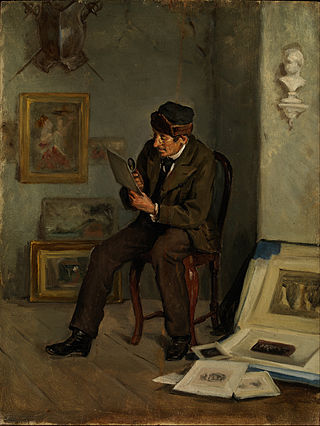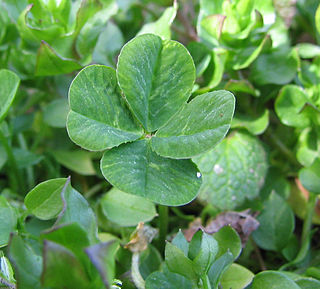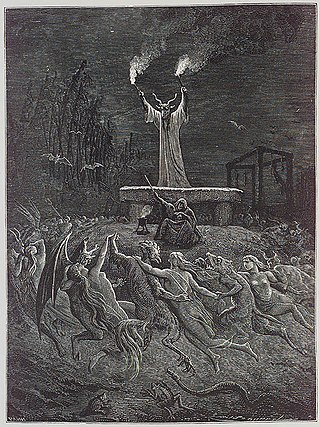
An expert is somebody who has a broad and deep understanding and competence in terms of knowledge, skill and experience through practice and education in a particular field or area of study. Informally, an expert is someone widely recognized as a reliable source of technique or skill whose faculty for judging or deciding rightly, justly, or wisely is accorded authority and status by peers or the public in a specific well-distinguished domain. An expert, more generally, is a person with extensive knowledge or ability based on research, experience, or occupation and in a particular area of study. Experts are called in for advice on their respective subject, but they do not always agree on the particulars of a field of study. An expert can be believed, by virtue of credentials, training, education, profession, publication or experience, to have special knowledge of a subject beyond that of the average person, sufficient that others may officially rely upon the individual's opinion on that topic. Historically, an expert was referred to as a sage. The individual was usually a profound thinker distinguished for wisdom and sound judgment.

Pair programming is a software development technique in which two programmers work together at one workstation. One, the driver, writes code while the other, the observer or navigator, reviews each line of code as it is typed in. The two programmers switch roles frequently.
Newbie, newb, noob, noobie, n00b or nub is a slang term for a novice or newcomer, or somebody inexperienced in a profession or activity. Contemporary use can particularly refer to a beginner or new user of computers, often concerning Internet activity, such as online gaming or Linux use.

An omen is a phenomenon that is believed to foretell the future, often signifying the advent of change. It was commonly believed in ancient times, and still believed by some today, that omens bring divine messages from the gods.

Luck is the phenomenon and belief that defines the experience of improbable events, especially improbably positive or negative ones. The naturalistic interpretation is that positive and negative events may happen at any time, both due to random and non-random natural and artificial processes, and that even improbable events can happen by random chance. In this view, the epithet "lucky" or "unlucky" is a descriptive label that refers to an event's positivity, negativity, or improbability.

Alma mater is an allegorical Latin phrase used to proclaim a school that a person has attended or, more usually, from which one has graduated. Alma mater is also a honorific title for various mother goddesses, especially Ceres or Cybele. Later, in Catholicism, it became a title of Mary, mother of Jesus.
A widow (female) or widower (male) is a person whose spouse has died and has usually not remarried. The state of having lost one's spouse to death is termed widowhood. An archaic term for a widow is "relict," literally "someone left over". This word can sometimes be found on older gravestones. The male form, "widower", is first attested in the 14th century, by the 19th century supplanting "widow" with reference to men.
Gosu (Korean: 고수) is a Korean term used to refer to a highly skilled person. In computer gaming the term is usually used to refer to a person who dominated games like StarCraft, Counter-Strike, Tekken, Warcraft III, Diablo II, DotA, League of Legends, Heroes of the Storm, Overwatch, Overwatch 2, Apex Legends and others. The term was adopted by gaming communities in many countries because of a large South Korean presence in online gaming communities.

A software wizard or setup assistant or multi-step form is a user interface that leads a user through a sequence of small steps, like a dialog box to configure a program for the first time. A complex, rare, or unfamiliar task may be easier with a wizard that breaks the task into simpler pieces. But a wizard may be a barrier to deeper understanding, and a substitute for clearer design.
Tilt is a poker term for a state of mental or emotional confusion or frustration in which a player adopts a suboptimal strategy, usually resulting in the player becoming overly aggressive. Tilting is closely associated with another poker term, "steam".
Shoshin is a concept from Zen Buddhism meaning beginner's mind. It refers to having an attitude of openness, eagerness, and lack of preconceptions when studying, even at an advanced level, just as a beginner would. The term is especially used in the study of Zen Buddhism and Japanese martial arts, and was popularized outside of Japan by Shunryū Suzuki's 1970 book Zen Mind, Beginner's Mind.
"Break a leg" is a typical English idiom used in the context of theatre or other performing arts to wish a performer "good luck". An ironic or non-literal saying of uncertain origin, "break a leg" is commonly said to actors and musicians before they go on stage to perform or before an audition. Though the term likely originates in German, the English expression is first attributed in the 1930s or possibly 1920s, originally documented without specifically theatrical associations. Among professional dancers, the traditional saying is not "break a leg", but the French word merde.

"The Isis" is an alternative name for the River Thames, used from its source in the Cotswolds until it is joined by the Thame at Dorchester in Oxfordshire. It derives from the ancient name for the Thames, Tamesis, which in the Middle Ages was believed to be a combination of "Thame" and "Isis". Notably, the Isis flows through the city of Oxford.
Legitimate peripheral participation (LPP) describes how newcomers become experienced members and eventually old timers of a community of practice or collaborative project. LPP identifies learning as a contextual social phenomenon, achieved through participation in a community practice. According to LPP, newcomers become members of a community initially by participating in simple and low-risk tasks that are nonetheless productive and necessary and further the goals of the community. Through peripheral activities, novices become acquainted with the tasks, vocabulary, and organizing principles of the community's practitioners.

Baton twirling is a sport that combines dance and color guard to create coordinated routines. It requires a "baton" which is metal rod, typically just slightly larger than one's dominant arm. The sport can be seen in national and international competitions including the USA Junior Olympics.

InkBall is a computer game that is included with Windows XP Tablet PC Edition 2005 and Windows Vista except the Starter and Home Basic editions. It employs the use of a stylus or mouse to draw lines to direct balls into holes of corresponding colors. On Windows XP Tablet PC Edition, a pen tablet was required to play the game properly, as the mouse cursor was not visible inside the game window. However, pressing Alt twice while playing the game will cause the mouse cursor to show up. In Windows Vista, it can also be played using the mouse without any issues. InkBall is not available for later versions of Windows, and is removed when users upgrade from Windows XP or Vista to Windows 7.

The North American Grappling Association (NAGA) is a grappling and Brazilian Jiu-Jitsu (BJJ) promotion started in 1995. NAGA Submission Grappling and Brazilian Jiu-Jitsu tournaments are held throughout North America and Europe. NAGA is the largest submission grappling association in the world with over 700,000 participants world-wide, including some of the top submission grapplers and MMA fighters in the world. NAGA grappling tournaments consist of gi and no-gi divisions. No-Gi competitors compete under rules drafted by NAGA. Gi competitors compete under standardized Brazilian Jiu-Jitsu rules. NAGA also promotes MMA events which they term Reality Fighting.

A freshman, fresher, first year, or colloquially frosh, is a person in the first year at an educational institution, usually a secondary school or at the college and university level, but also in other forms of post-secondary educational institutions.
The curse of knowledge is a cognitive bias that occurs when an individual, who is communicating with others, assumes that others have information that is only available to themselves, assuming they all share a background and understanding. This bias is also called by some authors the curse of expertise.

In folklore, the witching hour or devil's hour is a time of night that is associated with supernatural events, whereby witches, demons and ghosts are thought to appear and be at their most powerful. Definitions vary, and include the hour immediately after midnight, and the time between 3:00 am and 4:00 am. The term now has a widespread colloquial and idiomatic usage that is associated with human physiology and behaviour to more superstitious phenomena such as luck.











